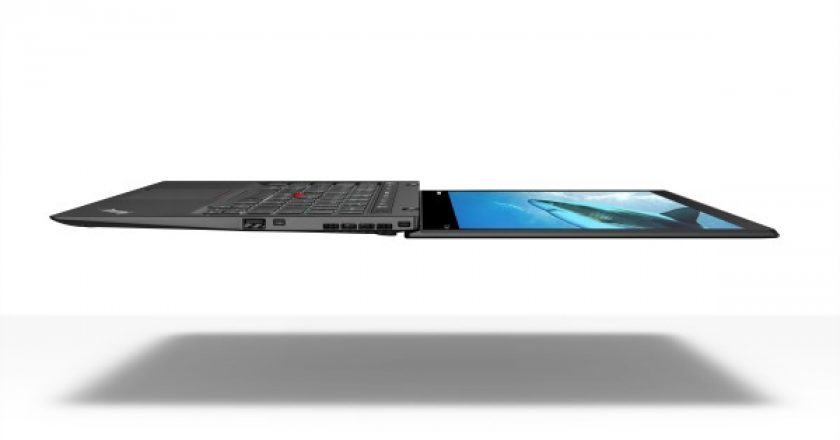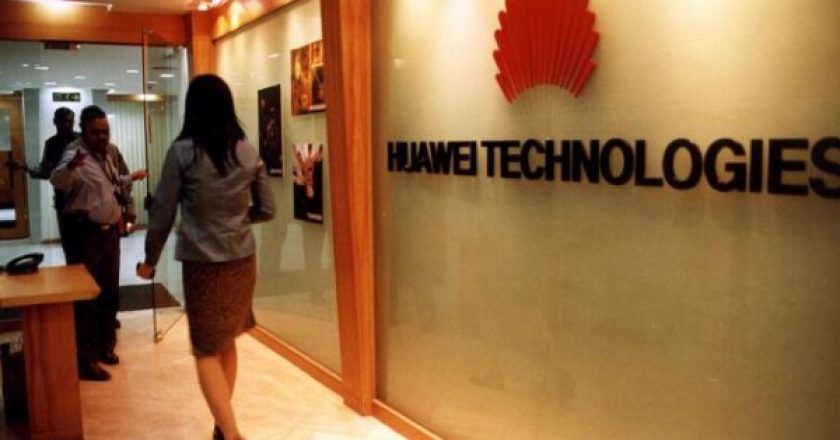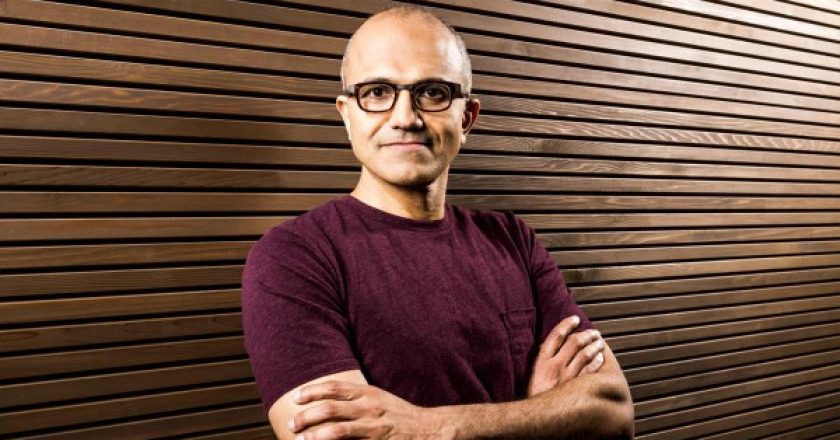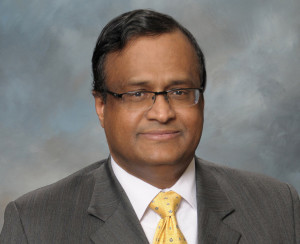What do Middle East governments need when it comes to security, and are newly formed government entities set to revolutionise the way that states think about security?


What do Middle East governments need when it comes to security, and are newly formed government entities set to revolutionise the way that states think about security?

Lenovo today announced the UAE launches of the latest additions to its ThinkPad portfolio with the third generation ThinkPad X1 Carbon and the ThinkPad 8.

Mohamed Sayed, SGI Cloud Computing Leader – MEA at IBM gives Computer News Middle East his insider tips for ways that the cloud is most likely to impact businesses in 2014.

Google aims to equip meeting rooms with videoconferencing capabilities with the launch of its product for businesses, Chromebox.

Huawei is reportedly being investigated by the Indian Government over alleged ‘hacking’ of equipment belonging to state-run telecoms firm Bharat Sanchar Nigam Ltd (BSNL).

British intelligence agency Government Communications Headquarters (GCHQ) has reportedly infiltrated hacktivist groups and used denial-of-service and other techniques to disrupt their online activities.

The healthcare market in Asia-Pacific is booming and an interesting example of the innovation of the region is reflected in Seoul National University Bundang Hospital’s embrace of SAP HANA as a data warehousing solution.

Unless you’re a committed Microsoft observer, the name Satya Nadella probably doesn’t ring a bell. So who is the man who now becomes Microsoft’s guiding light for the foreseeable future?

The technology of 3D ‘bioprinting’, the medical application of 3D printing to produce living tissue and organs, is advancing so quickly that it will spark a major ethical debate on its use by 2016, according to Gartner.

HID has released its projections for trends that will have the greatest impact on the secure identity industry in 2014.

IDC recently predicted that CIOs will be forced to take a ‘mobility first’ approach to building networks, whereby mobility solutions and BYOD policies are integrated into infrastructures. How accurate is this prediction, and is the Middle East really ready to put mobile first?

U.S. President Barack Obama has nominated an expert cryptologist to head the National Security Agency at a time when the agency is under pressure to reform its surveillance.

Once upon a time within Dell, managers who needed a business analysis report had to put in an IT request, a drawn out process that drove business units to set up their own shadow IT systems to run these numbers instead.

It is difficult to remember the revolution the iPhone caused, says Anthony Perridge, EMEA Channel Director, Sourcefire

EMC and IDC have today issued research on the future of healthcare provision in EMEA which indicates that hospitals will need to look beyond their borders to deliver improved and cost effective patient care, in an environment where long term chronic illness is on the increase.

The days of technology-focused start-ups being the only market disrupters and growing faster than their larger more established competitors, may be coming to an end, according to consulting firm Accenture.

The German government and the German Federal Intelligence Service are facing legal action because they allegedly aided the U.S. NSA data collection program.

ARM’s emerging challenge to the x86 architecture in the server space just gathered momentum as AMD announced it will start shipping sample 64-bit ARM processors, along with associated development kits, to partners in the upcoming months.

Lenovo is set to buy Motorola Mobility from Google for $2.91 billion in a deal that excludes the vast majority of Motorola’s patent portfolio.

The predictions encompass a diverse range of solutions and technologies, including anticipated advances in physical and logical access control, secure issuance, identity assurance, visitor management, electronic ID (eID) and secure asset tracking.